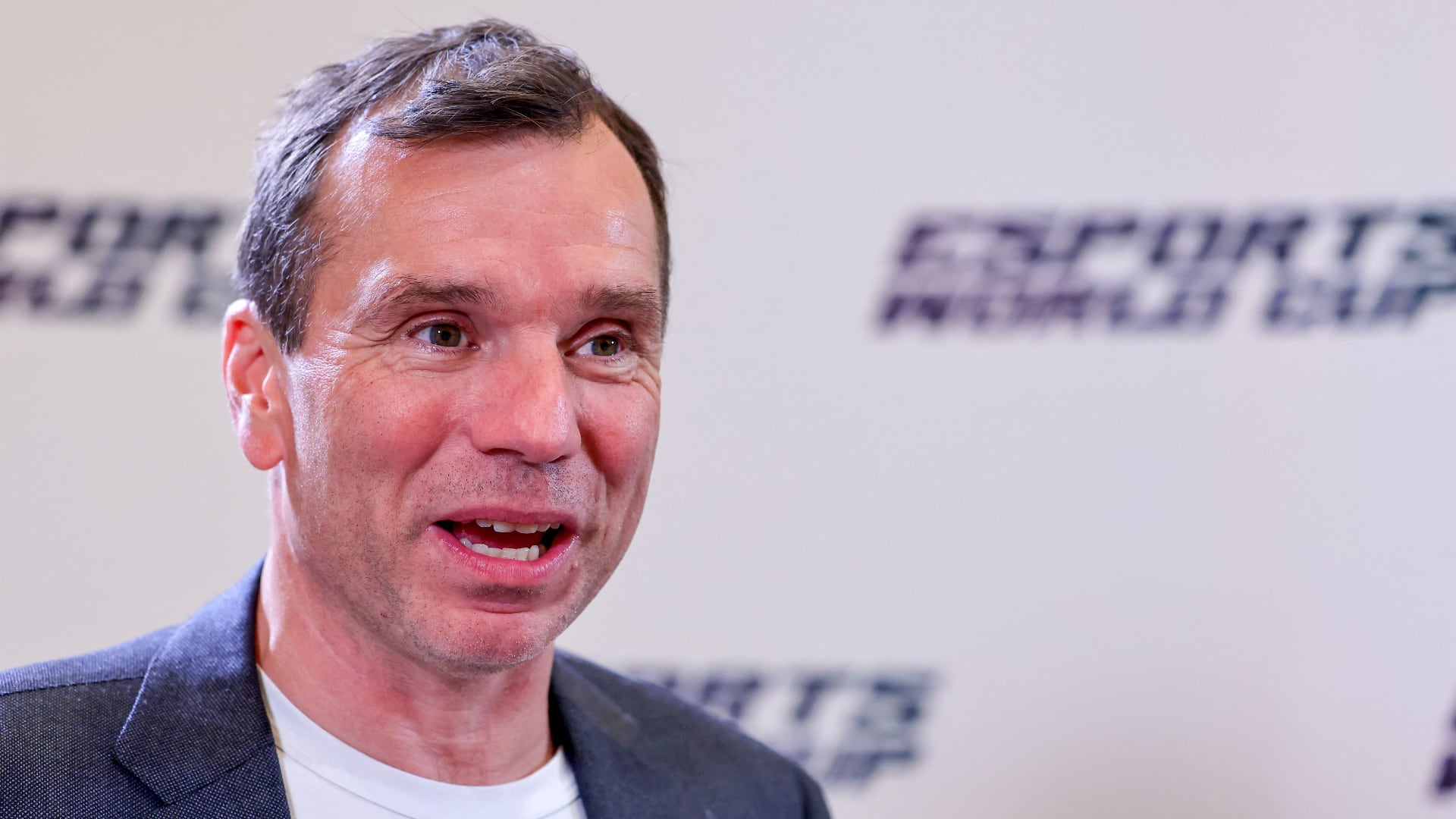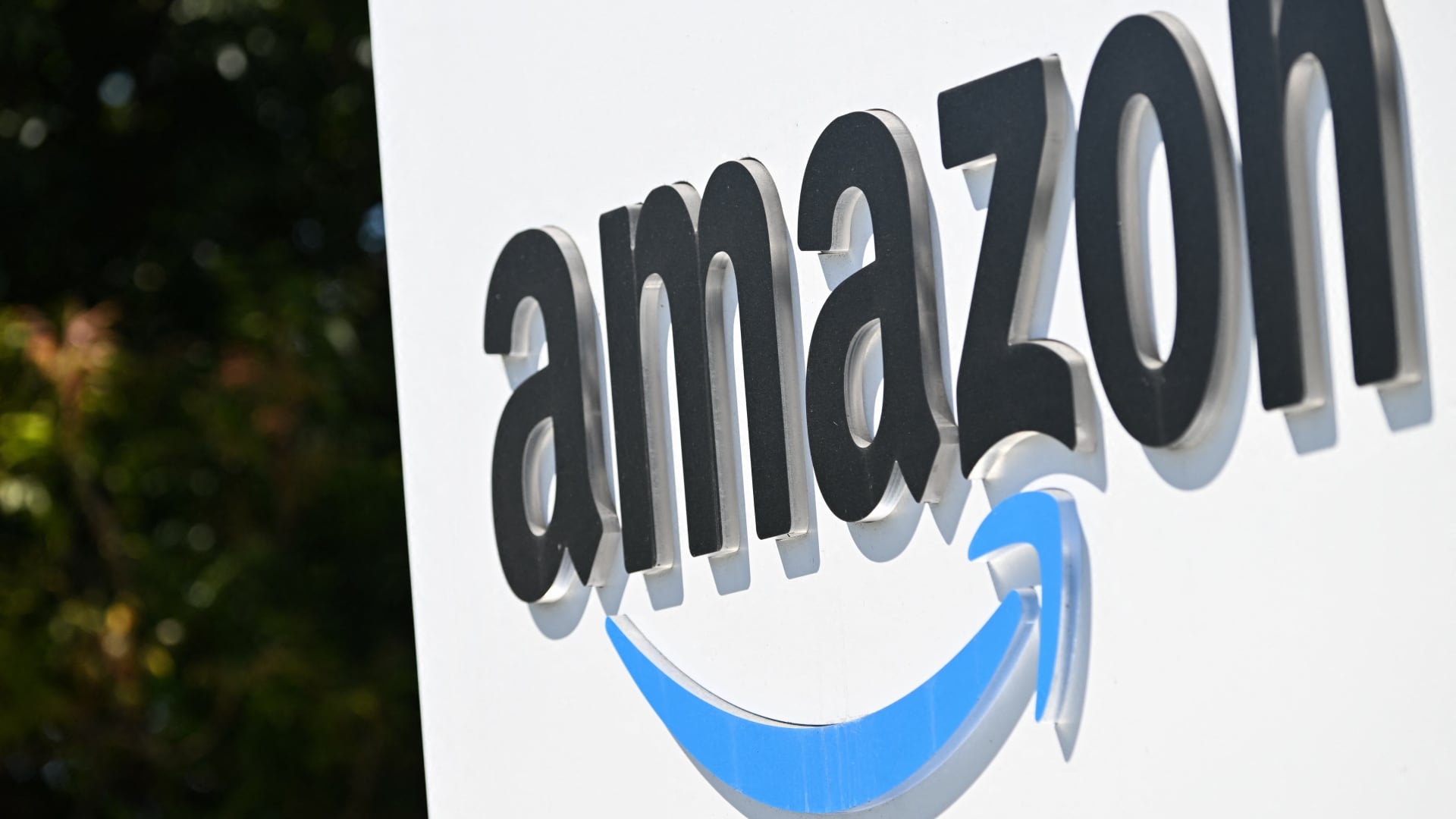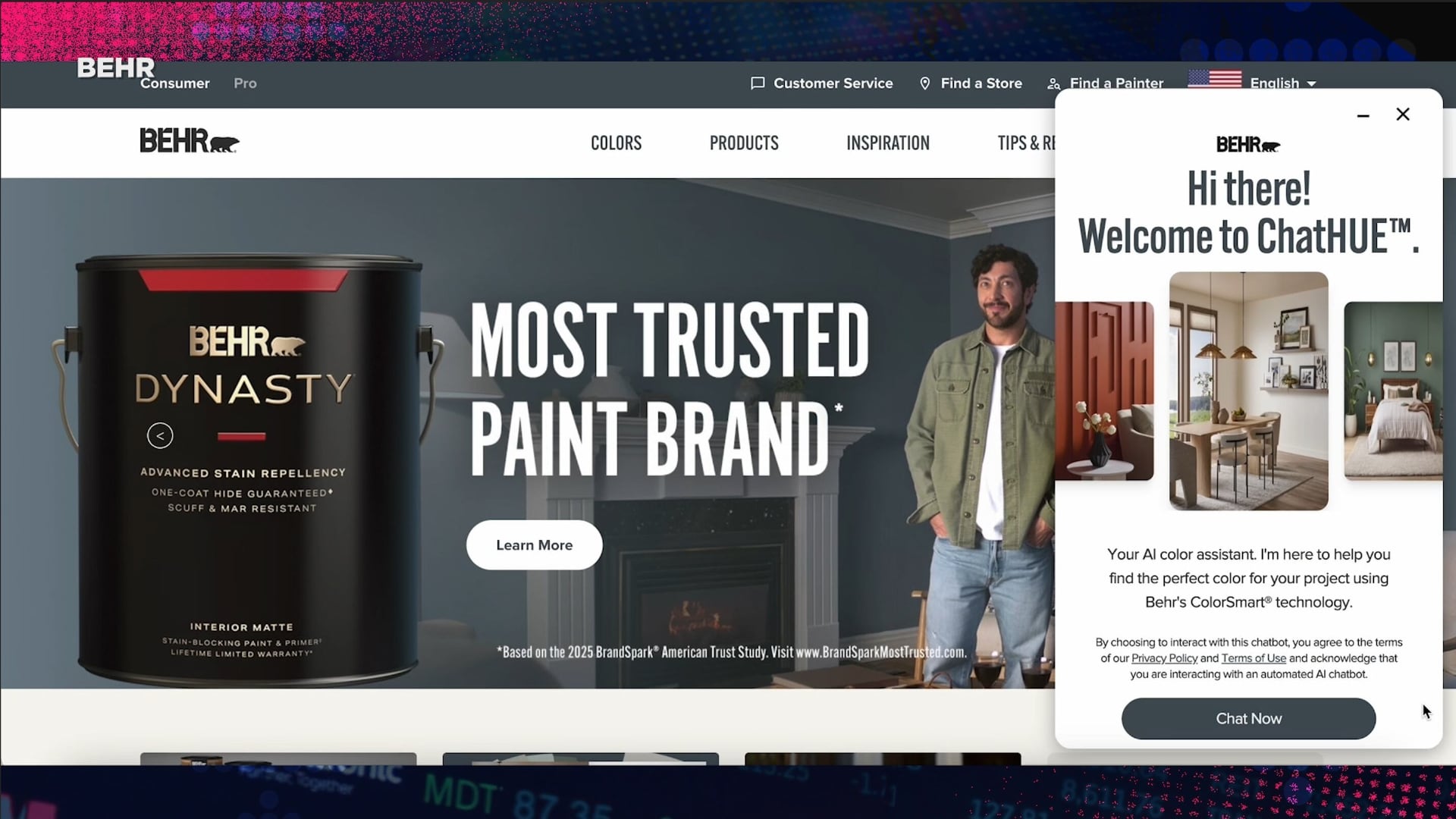Plant-based meat producer Impossible Foods is teaming up with a number of celebrity chefs and their restaurants to kick off its expansion into Canada.
The company is already established in some Asian regions, but the latest foray closer to home will make Canada the company's second-largest market outside of the U.S.
"There's been a cry for us to eventually serve this market," David Lee, CFO of Impossible Foods, told Cheddar on Wednesday.
Impossible Foods claims the vast majority of its customers are meat-eaters, and it works hard to make its products accessible to them.
"Nine out of 10 of our customers are self-avowed carnivores, and that means where they go is where we need to be," Lee said. "You've seen us increase our retail grocery business from 150 locations at the start of the year to over 10,000 today, and launch our own direct-to-consumer business because that's what the meat-eater demands."
So far this year, Impossible Foods has secured deals with major grocery store chains like Walmart, Trader Joe's, and Publix.
While plant-based competitor Beyond Meat plans to open a production facility in Shanghai, Lee says he doesn't consider the company to be its main rival.
"We believe our competition is actually meat made from an animal," Lee said. "The market opportunity for this trillion-plus dollar meat industry is one where there are plenty of room for a rising tide of great brands."
While Impossible Foods doesn't currently have its own presence on mainland China, the company has entered Asian markets like Hong Kong, Singapore, and Macau.
"We wanted to start in the places that are known for being gateways to the rest of Asia," Lee said.
"It's an important market and we will be there eventually."












